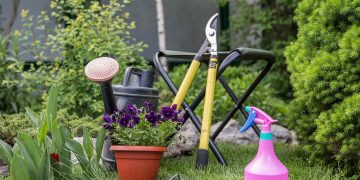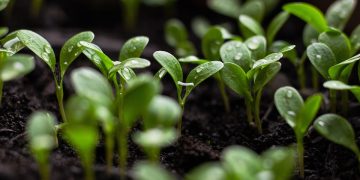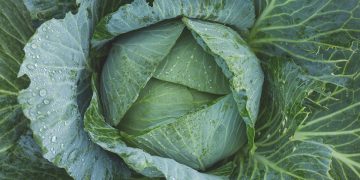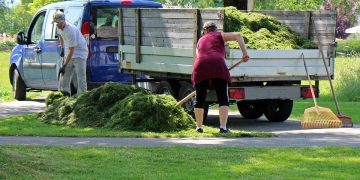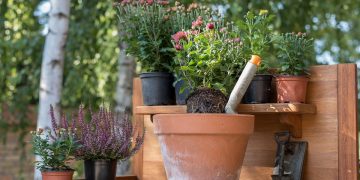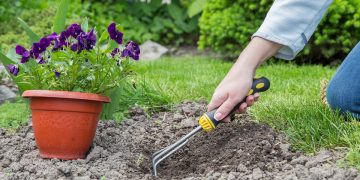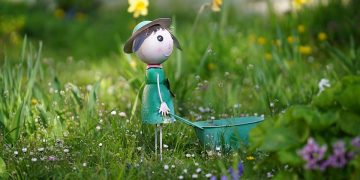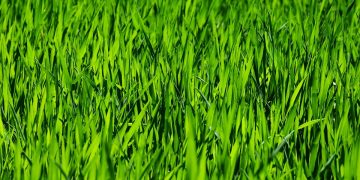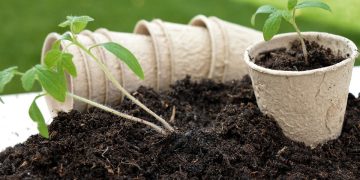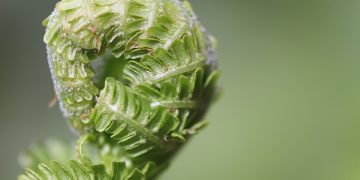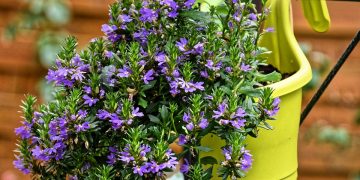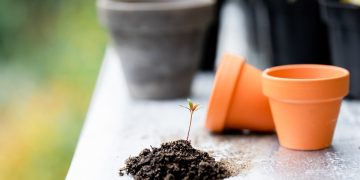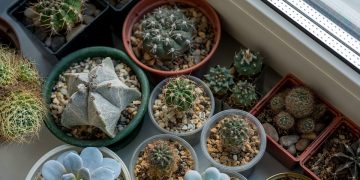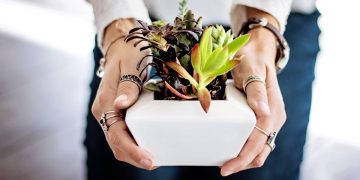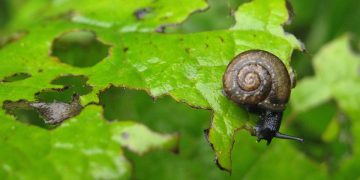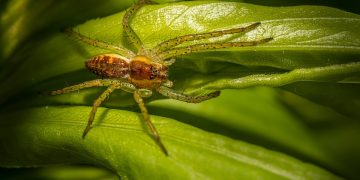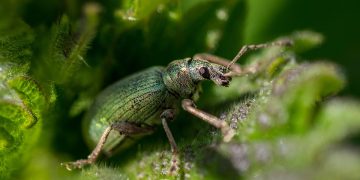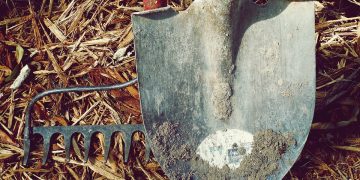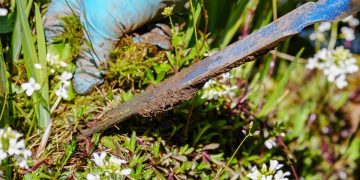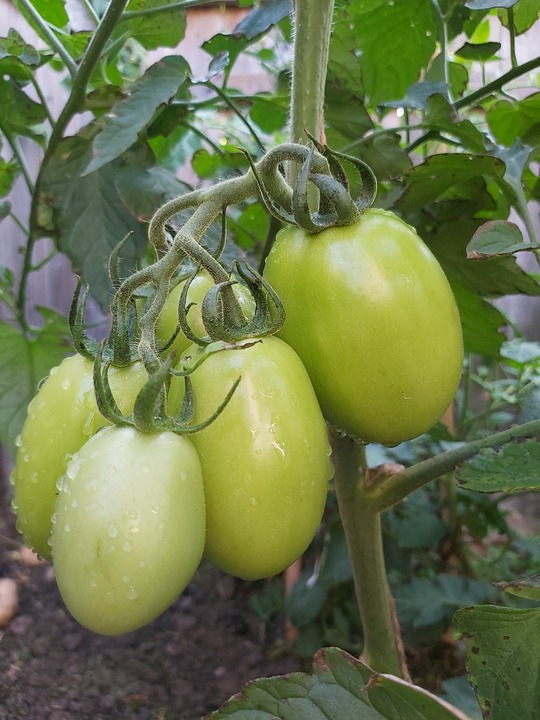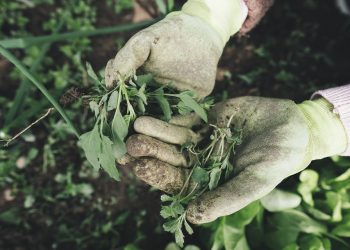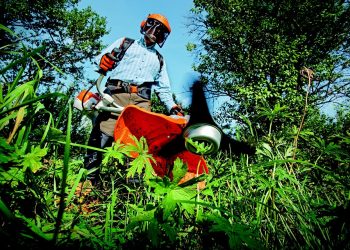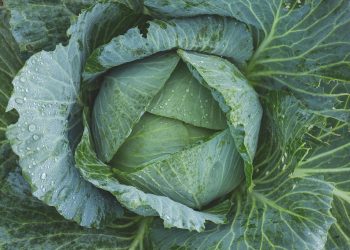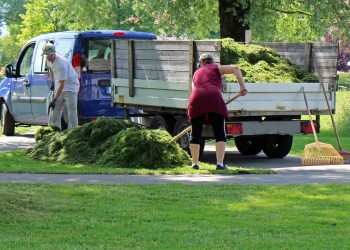Mastering the Art of Composting: Essential Techniques for Sustainable Gardens
Composting is a valuable practice for sustainable gardening that not only reduces waste but also enriches the soil, promotes healthy plant growth, and reduces the need for chemical fertilizers. By mastering the art of composting, gardeners can create a closed-loop system that benefits both their plants and the environment. In this article, we will explore essential techniques for successful composting and how to apply them in your garden.
Why Compost?
Composting is a natural process of breaking down organic materials into nutrient-rich soil. By composting kitchen scraps, yard waste, and other organic materials, gardeners can create a nutrient-dense soil amendment that improves soil structure, retains moisture, and provides essential nutrients for plant growth. Composting also helps reduce waste sent to landfills, where organic materials can release harmful greenhouse gases.
Essential Techniques for Successful Composting
1. Choose the Right Location
When setting up a compost pile or bin, it’s important to choose the right location. Ideally, your compost pile should be placed in a sunny spot with good drainage. Avoid placing it near trees or shrubs that may compete for nutrients or shade the pile. Make sure the location is easily accessible for adding materials and turning the compost.
2. Use the Right Mix of Materials
Composting requires a balance of green (nitrogen-rich) and brown (carbon-rich) materials. Green materials include kitchen scraps, grass clippings, and plant trimmings, while brown materials include leaves, straw, and shredded paper. Aim for a 50/50 mix of green and brown materials to create a balanced compost pile that decomposes efficiently.
3. Maintain the Right Moisture Level
Compost piles should be kept moist but not soggy. If the pile is too dry, decomposition will slow down. If it’s too wet, the pile may smell or attract pests. Monitor the moisture level of your compost pile and water it as needed to keep it damp like a wrung-out sponge.
4. Turn the Compost Regularly
Turning the compost helps aerate the pile and speed up decomposition. Use a pitchfork or compost turner to mix the materials and introduce oxygen into the pile. Turning the compost every 1-2 weeks will help break down materials more quickly and evenly.
5. Monitor Temperature and Decomposition
Composting is a microbial process that generates heat as organic materials break down. Monitor the temperature of your compost pile using a compost thermometer. A properly functioning compost pile should reach temperatures of 130-140°F. If the pile is not heating up, it may need more nitrogen-rich materials or turning.
Common Questions About Composting
1. Can I compost meat and dairy products?
While it is possible to compost meat and dairy products, they can attract pests and slow down the composting process. It’s best to avoid composting these materials in a home compost pile and instead use a commercial composting facility that can handle them safely.
2. What can I do with finished compost?
Finished compost can be used as a soil amendment in garden beds, containers, and landscaping. Mix compost into the soil before planting to improve soil fertility and structure. Compost can also be used as mulch to retain moisture, suppress weeds, and insulate plant roots.
3. How long does it take to make compost?
The time it takes to make compost depends on several factors, including the size of the pile, the mix of materials, and how often the pile is turned. In general, compost can be ready in 2-6 months under ideal conditions. To speed up the process, chop materials into smaller pieces and turn the pile more frequently.
Conclusion
Composting is a valuable practice for sustainable gardening that benefits both plants and the environment. By mastering the essential techniques of composting, gardeners can create nutrient-rich soil amendments, reduce waste, and promote healthy plant growth. By choosing the right location, using the right mix of materials, maintaining the right moisture level, turning the compost regularly, and monitoring temperature and decomposition, gardeners can create a successful composting system in their gardens. With a little effort and dedication, gardeners can master the art of composting and enjoy the many benefits it brings to their gardens.
Remember, composting is a journey, and each compost pile is a unique ecosystem. Experiment with different materials, techniques, and methods to find what works best for your garden. Happy composting!



